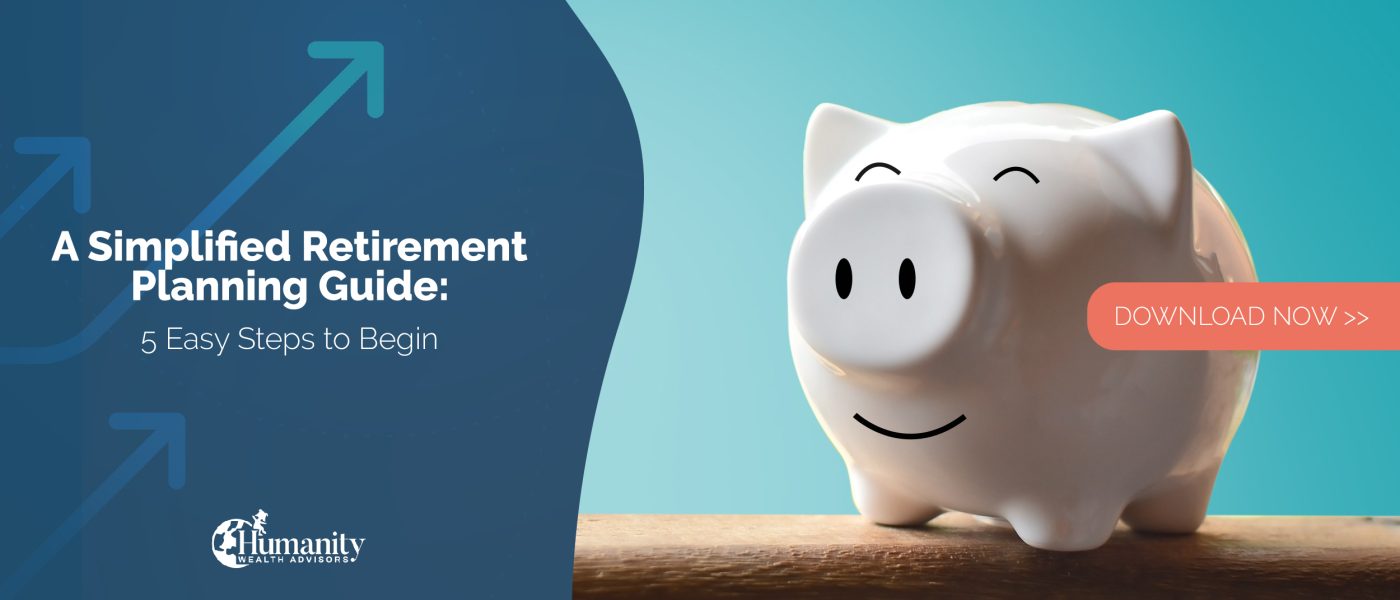“Recent industry research shows that impulse buying accounts for between 40% and 80% of purchases.”
Picture this- you’re out with your friends at the mall and want to treat yourself. You start making a few small purchases that you know are in your budget. However, at a certain point, you’ve noticed that you’re exceeding your budget as you keep making more purchases.
Yet somehow, you couldn’t care less and just want to feel good. This is called impulsive buying- you have no second thoughts and considerations towards your budget after you pass the initial ‘treat yourself’ purchases. You just keep making purchases and think, “oh well! I’m treating myself.”
At no point do you have the thoughts, “can I afford this? Is it necessary? Can it wait? etc.”
- Something to really think about when it comes to impulsive buying and deeming everything as “retail therapy” for yourself is- “Nothing feels good, sounds good, tastes good, or smells good when you are hurting in your pocketbook .”
What we should now turn our focus on is the fact that this impulsive buying is taking a toll on our financial health. The first step to limit impulsive buying so that our financial health remains healthy is to manage one’s emotions.
- Research shows that “a key factor in triggering an impulse buy is the shopper’s emotional state.” If you can keep your emotions in check when you’re out shopping, you’re going to be able to better suppress the urge to pull out money from your wallet. And in this case, it’s a win-win- you’re saving money and maintaining your financial health!
However, if this isn’t followed, we see that impulsive buying also conflicts with one’s plan to stay on track with their financial plan. When someone gets caught up in the “feel good” sense of impulsive buying, it’s common for them to forget their long-term financial goals because, to them, they’re still living in their current moment.
Additionally, if impulsive buyers rely on utilizing their credit cards as payment, they may potentially be in danger of increasing their credit card debt because the nature of impulsive buying makes a person unhinged at the moment they choose to be buying.
Once caught in this spiral of impulsive buying, studies also show that this cycle can cause several harmful emotions, such as anxiety.
“On the one hand, there is the guilt of buying an unnecessary item, and on the other is the realization of how it can impact your overall finances. This can lead to a lot of stress, tension, and pressure.” [2]
With all these negative impacts of impulsive buying being discussed, you might wonder how to avoid the urge to buy impulsively.
The one key point to recall is your future financial goal. You want to be able to create a financial cushion for yourself and work towards the target you have. – If you can maintain a stable mindset that prioritizes your financial future, you’re on the right track to securing your financial plan amidst impulsive buying urges that may arise.
Humanity Wealth Advisors believes in sharing good knowledge and education. We believe your financial wellness comes from knowing good information– after all, knowledge is power, and that’s what we’re all about.
- The articles we provide are free resources used simply to educate and pass knowledge; a knowledgeable investor is a great investor!
- We’re the financial advisors you want to come to for affordable financial planning in the Bay Area
- Did someone ask for financial advisors without a minimum asset requirement? That’s us!
- Lack of knowledge on impulsive buying consequences may lead to diversion of financial planning; giving readers information on long term care planning helps us meet our goal to educate the general public
- Contact us if online financial advice is crucial to you- we can help you with that.



